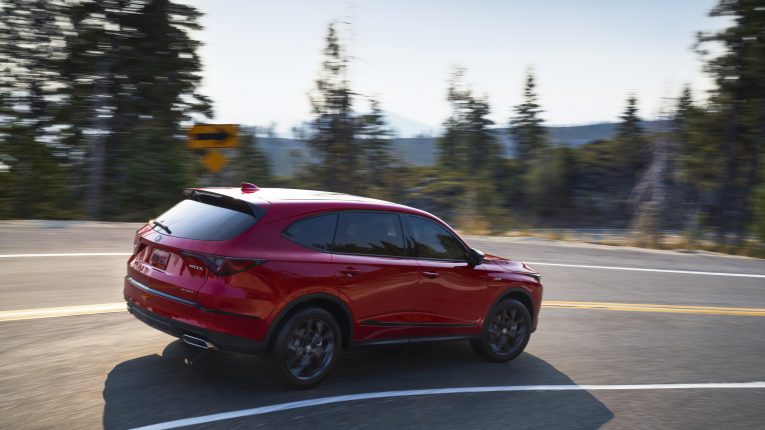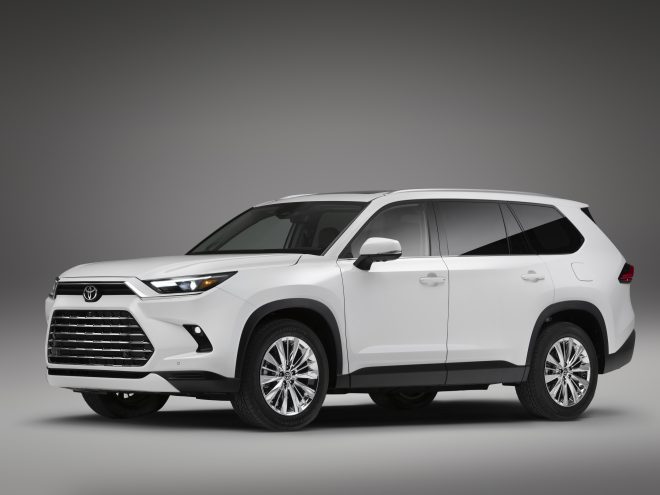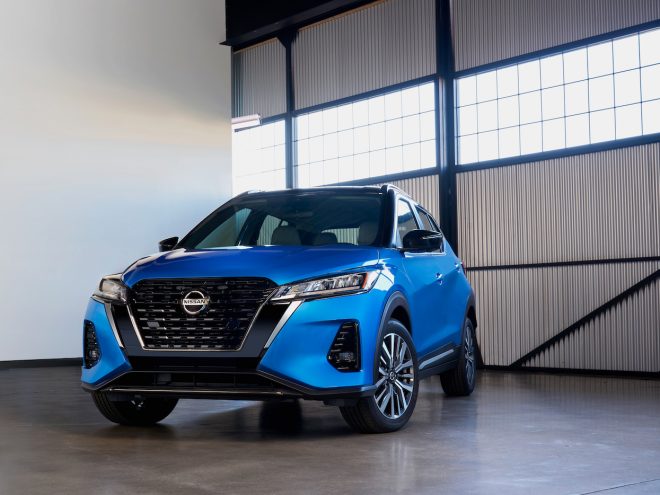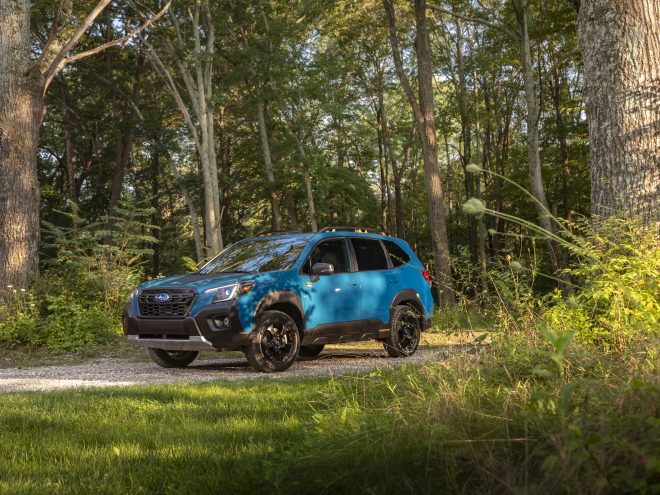
5 Things You Need to Know as a Beginner Driver
Owning your first car and getting out on the open road for the first time is nothing short of exhilarating. It’s a major way to gain independence and the experience you’ll get from this journey (figurative and literal) is unmatched. However, being a new driver can be daunting as well. There’s a whole lot to learn, skills to practice and issues to navigate. When you’ve just got your license, you might either feel completely incapable or completely unstoppable: neither of which is true. Self-confidence is one of the most important characteristics of a good driver, but it’s important not to let that confidence develop into arrogance. Here are some things you need to know, regardless of which end of the scale you might be on.
Accidents Do Happen
The rules of the road are there for a reason: car accidents are very real, very dangerous and they happen every day. This isn’t meant to scare you but only serve as a reality check. Every time you get out onto the road, you open yourself up to the potential danger of a car accident. This is why it’s so important to be sure of your skills, well-practised and focused when you get behind the wheel. There are many causes of motor accidents, including speeding, drunk driving, bad weather, poor road conditions, recklessness on the road, animals in the road and more. There is only so much we can do to avoid and prevent a car accident, and sometimes it becomes a reality. Wearing your seatbelt is important for this reason, as well as knowing what to do if the situation ever arises.
How to Handle an Accident
If you do happen to end up in a car accident, it’s important to know how to handle the situation in a legal sense. First of all, there are some things to keep in mind while you’re still at the location where the incident took place. Be sure to mind what you say: remember that anything you say to any authoritative figures, witnesses or other parties involved in the accident could potentially put you at fault for the accident or impact your insurance claims later on. Avoid saying things like, “I’m sorry,” or, “I’m fine,” as these can all play a role in the legalities of the situation.
Second, try to collect as much evidence from the accident as you can: location, names and contact details of parties involved, vehicle models and registration numbers, images of the accident and damages as well as information and details from any willing witnesses. Having this information will help you later on when speaking to automotive lawyers, personal injury lawyers and/or your insurance company.
It’s also extremely important to head to the hospital for medical checks straight after an accident occurs. Even if you feel fine and haven’t sustained any major injuriesthat you can see, there is always the potential for underlying internal issues. Shock and adrenalin can also numb or minimise pain, so be sure to check in with yourself for a day days after the incident to see if you notice any pain or illness.
Follow the Law
One of the best ways to avoid accidents and to do your part as a citizen on the road is to know the rules and follow them as closely as you can. When studying for your learner’s permit, be sure to actually study and pay close attention to signage, how traffic circles work, who has right of way in various situations, etc. Knowing and understanding the rules of the road is the first step to following them correctly.
Important and basic road laws include to not drink and drive, wearing our seatbelts and focusing on the road (this entails not using your cell phone when you’re behind the wheel. These may seem basic, but they are fundamental rules for a reason and negligence in this department is the leading cause of most car accidents.
Drive For Those Around You
This doesn’t mean that you’re going to become a chauffeur all of a sudden. Instead, we mean that it’s important to be aware of other drivers on the road. Following the rules of the road is the first and most important step in preventing accidents, but the second most important step is to be alert and aware of those around you. Even if you’re driving like an absolute pro, you can never be sure what the driver to your left or right, in front or behind you might be doing or thinking – this is why focus and alertness is a priority in driving skills.
Being aware and paying attention to those around you will alert you to any negligence on their side. The more you drive, the more you’ll learn how to notice others around you and their behaviour. You’ll learn how to navigate different situations where others are driving too slowly, too fast, skipping red lights etc. Knowing how to react in these situations, knowing when to brake, when to swerve, when to slow down in response to other’s driving is an important skill to acquire.
Practice Makes Perfect
This may sound like a whole lot of responsibility on you as a new driver, but you’ll be pleased to know that it doesn’t take a whole lot of studying or practice drills to get this right. Once you’ve passed your test and have your license, the simple art of driving is one that is best perfected through practice, practice and more practice. It’s as simple as that! The more time you spend on the road, the more situations you’ll be exposed to and the more experience you will gain. With experience comes skill and a boost in self-confidence, and those are two big cornerstones of driving skills and road safety, so the more you drive, the safer and smarter you will become.
In summary, it’s important to know how to prevent and avoid car accidents, but it’s just as important to be prepared and know what to do in case it ever does happen.










[…] we are starting to drive, we are not necessarily considering the important lessons we should carry over into our driving […]